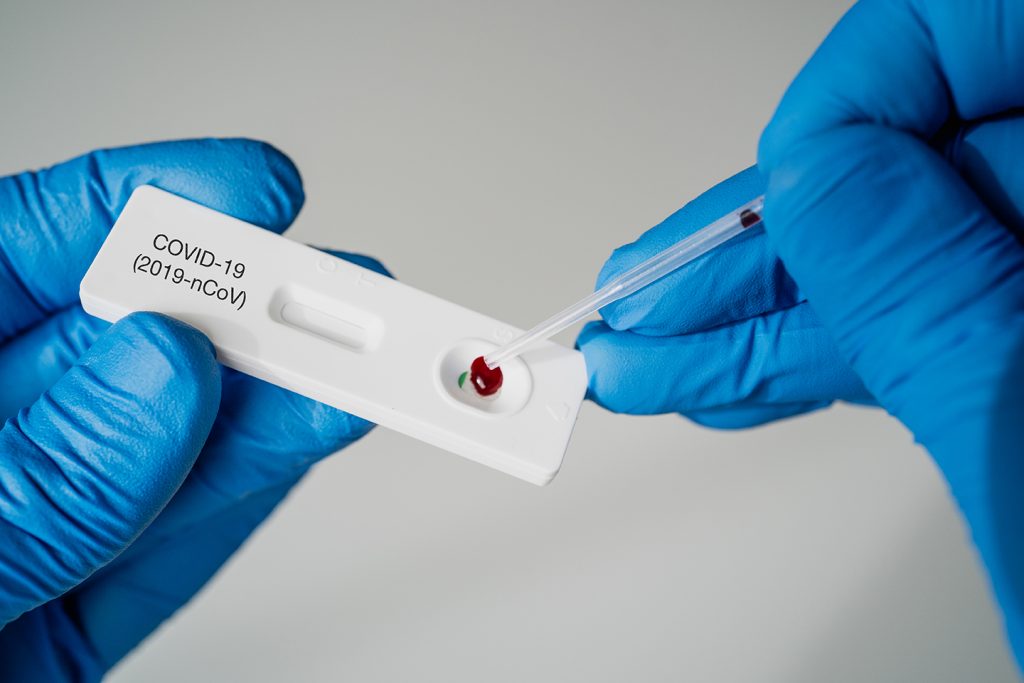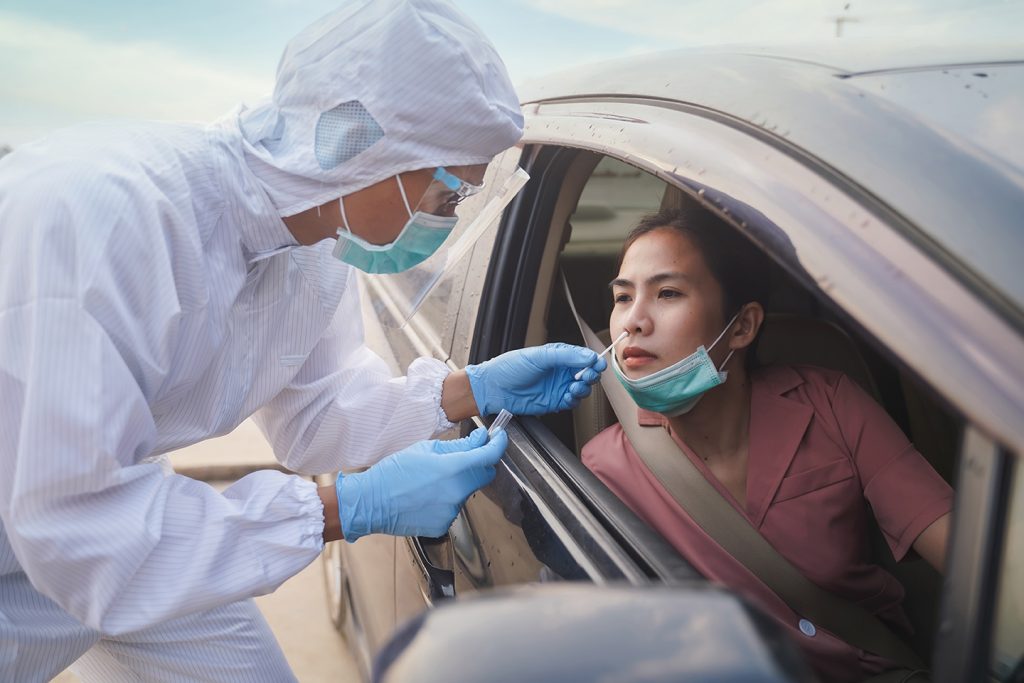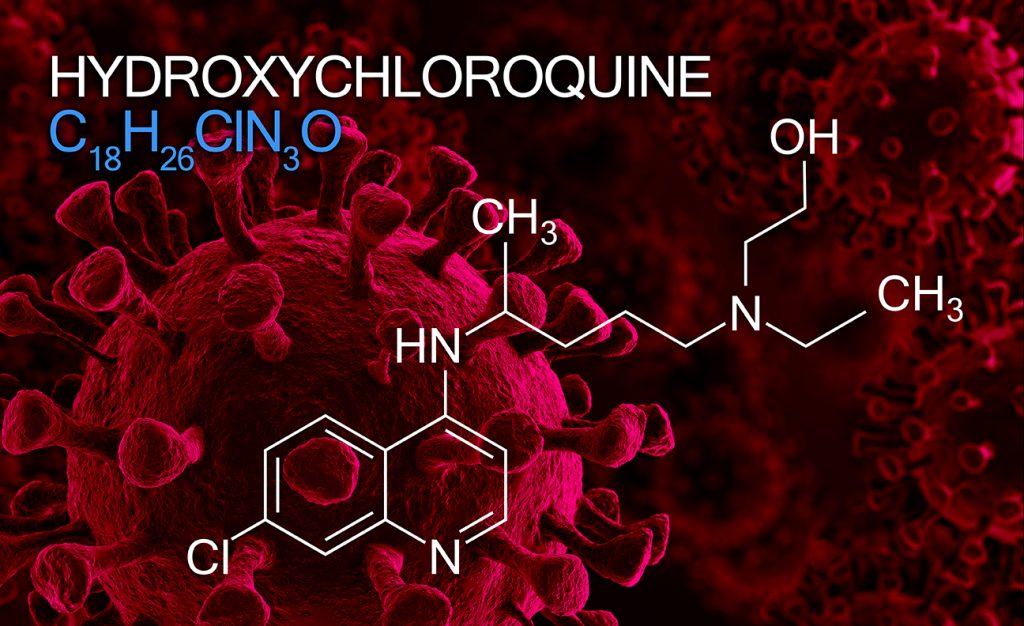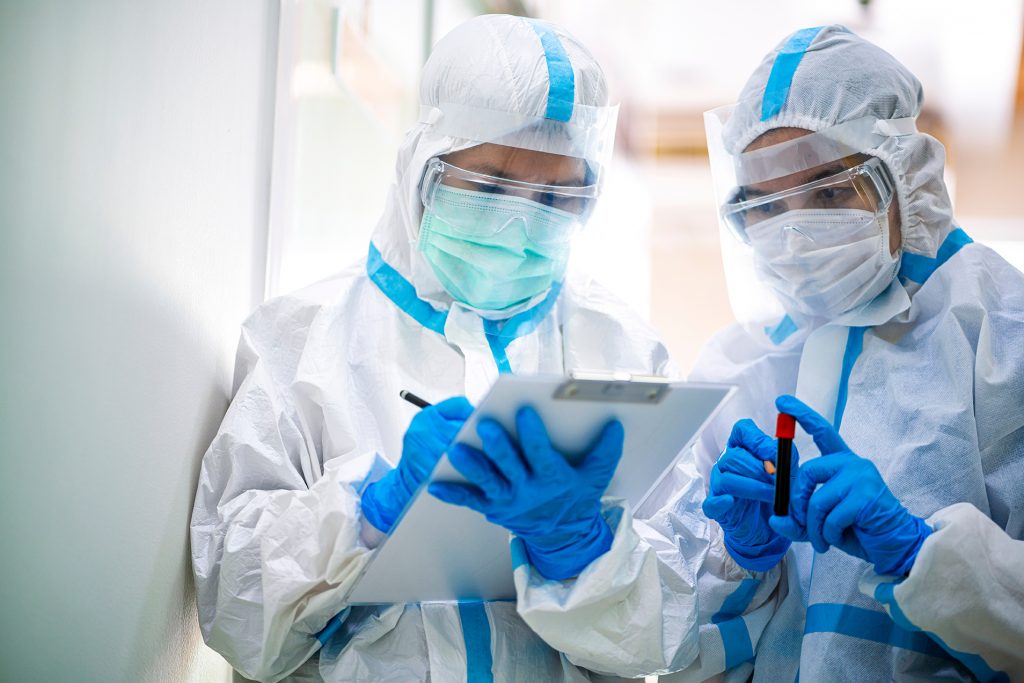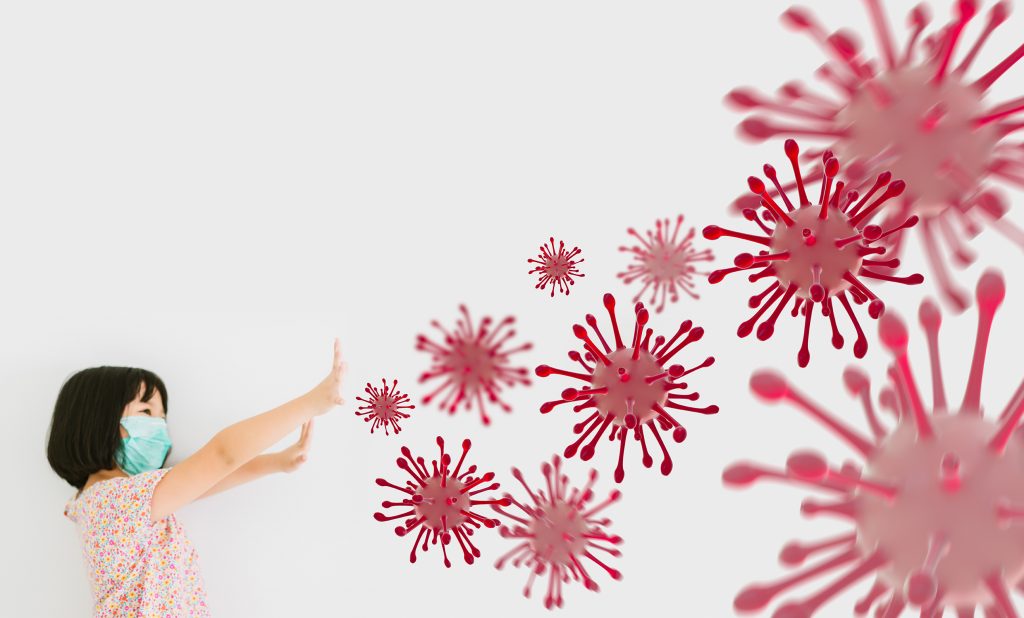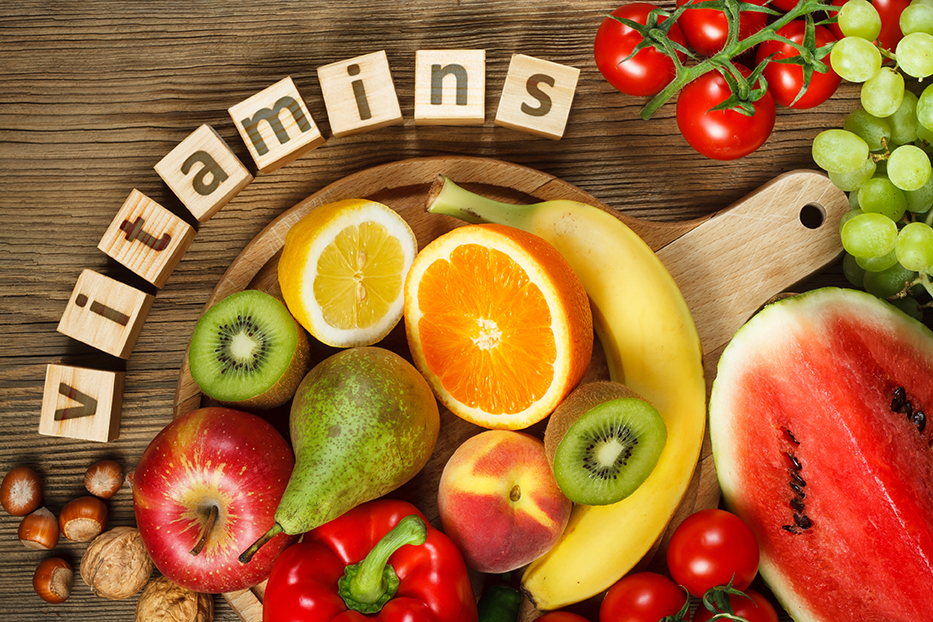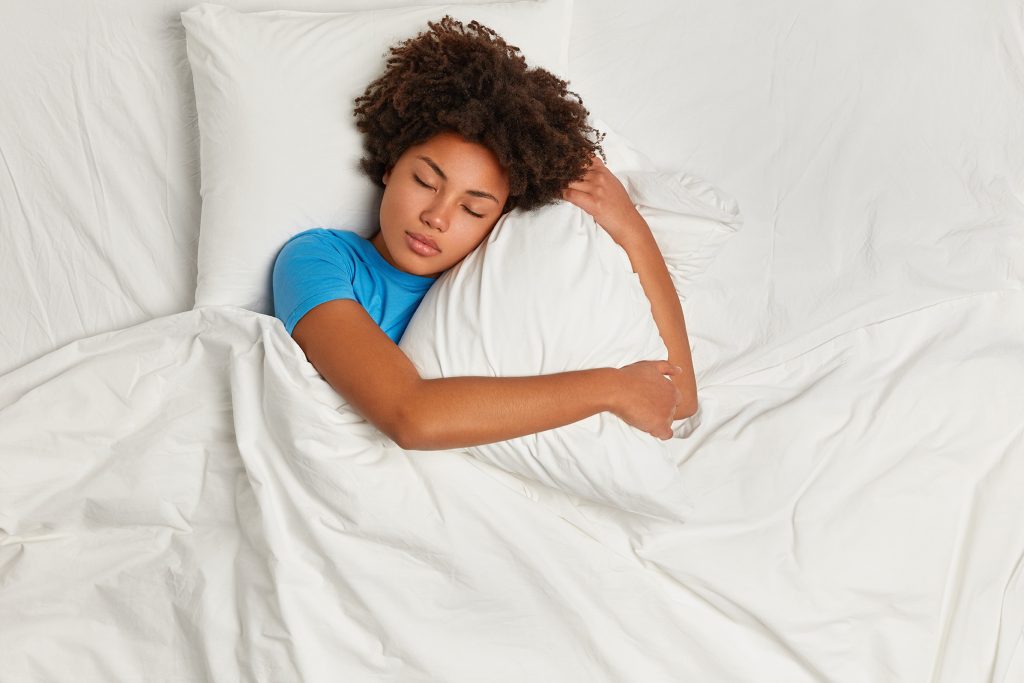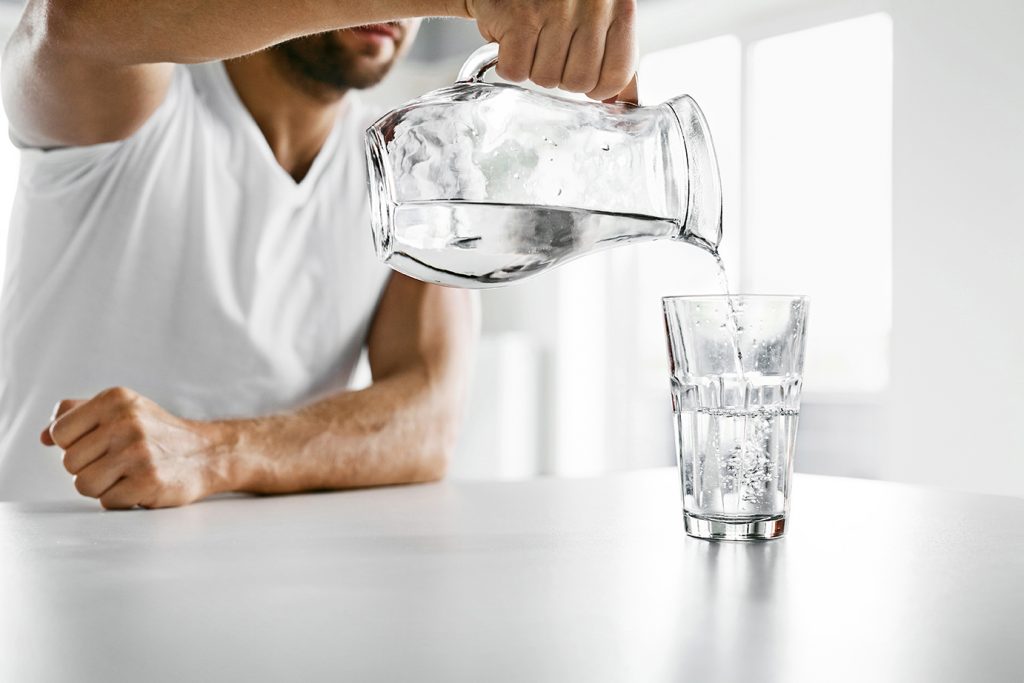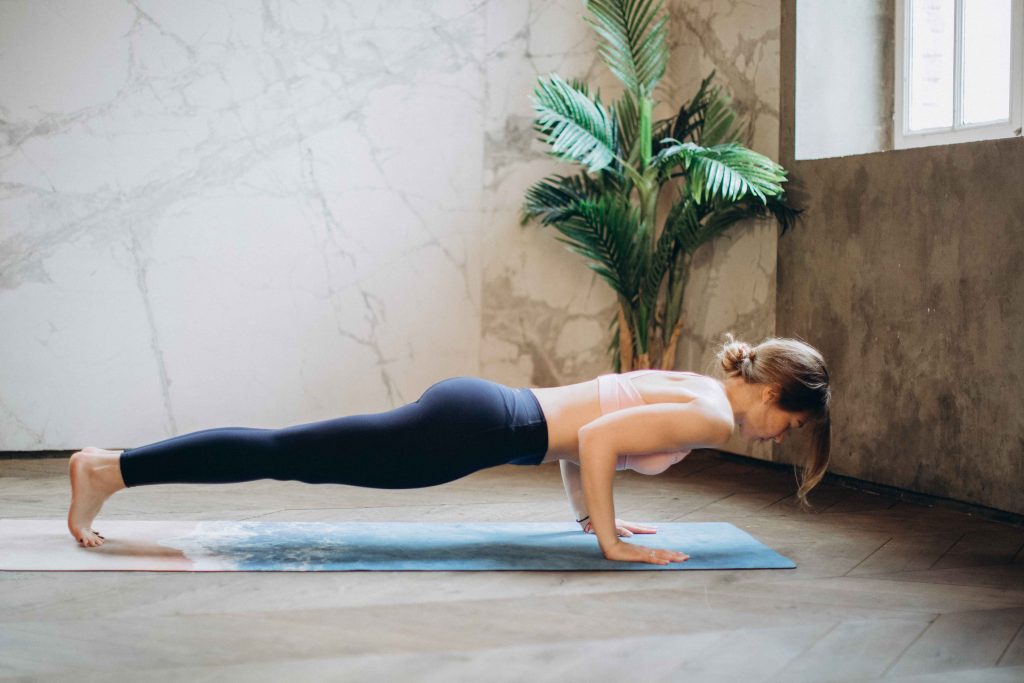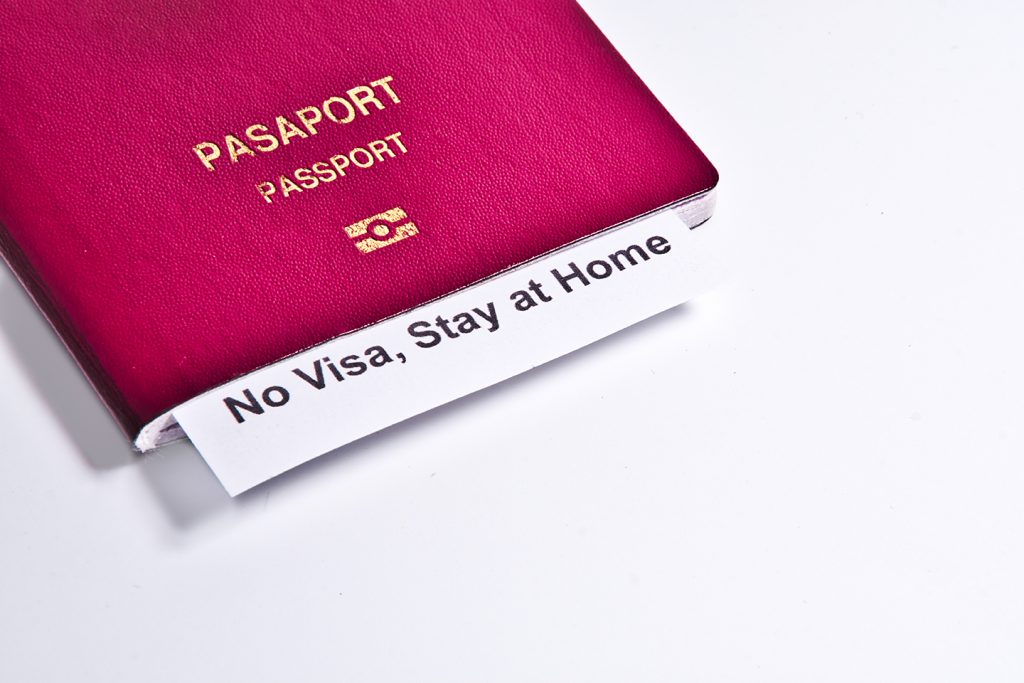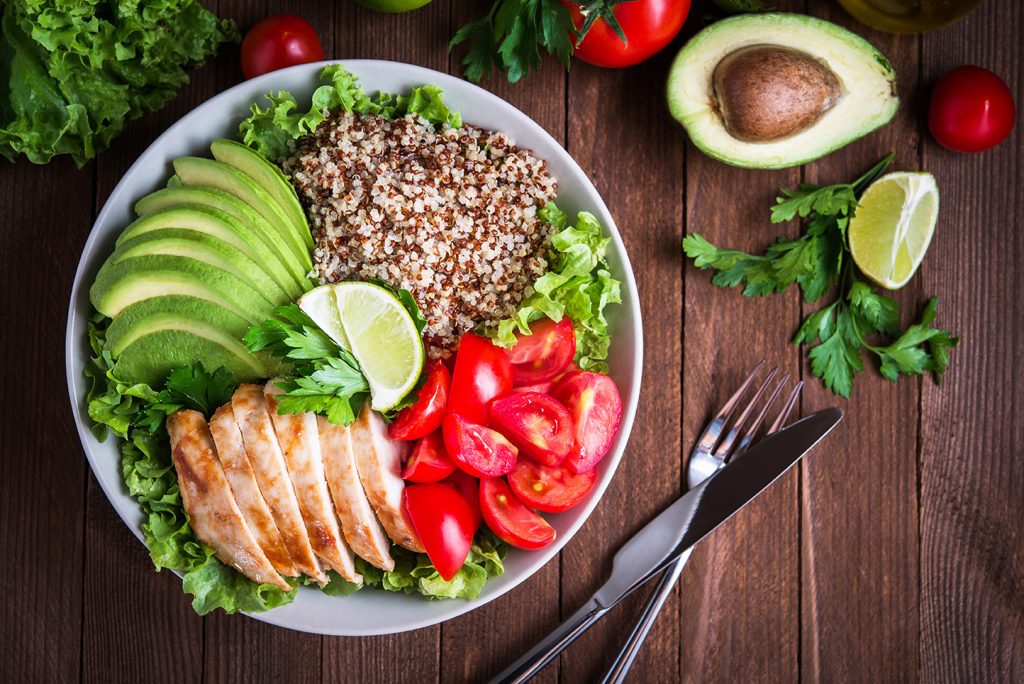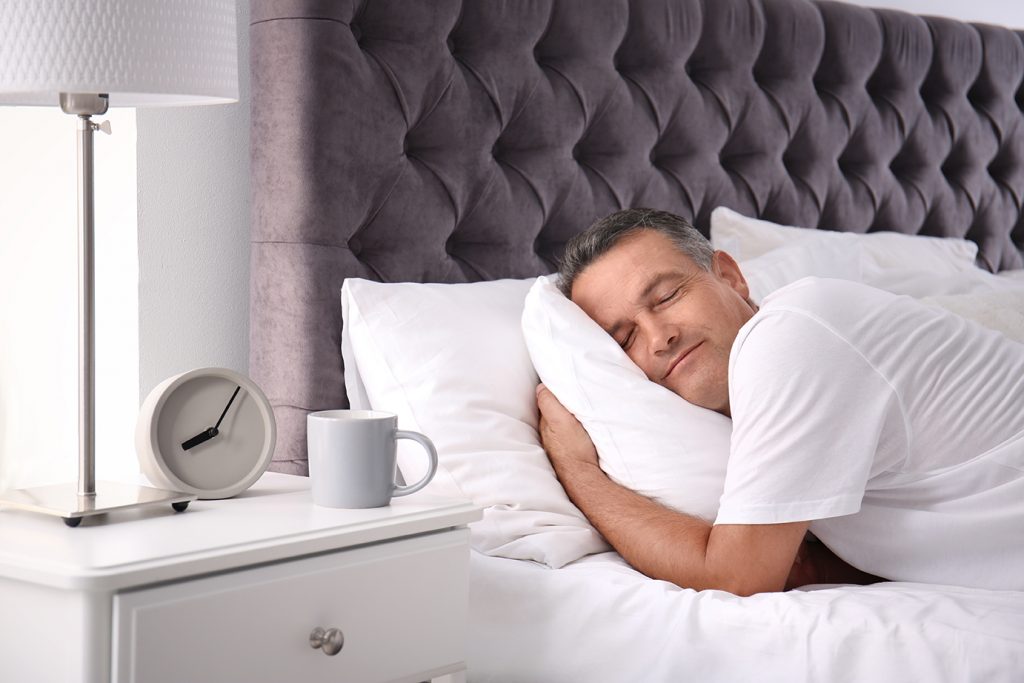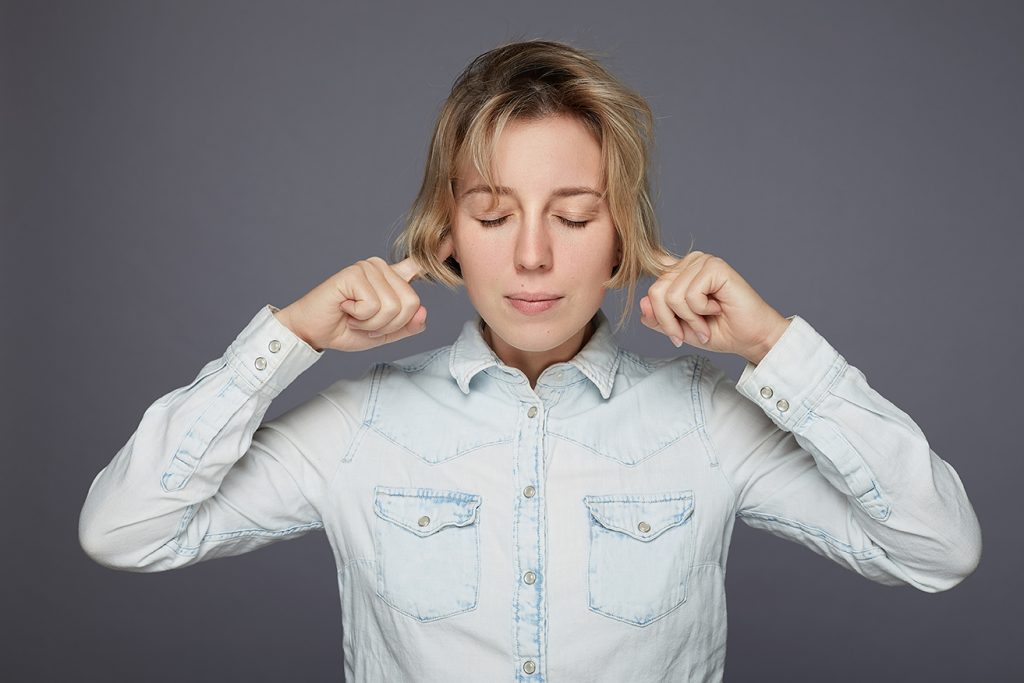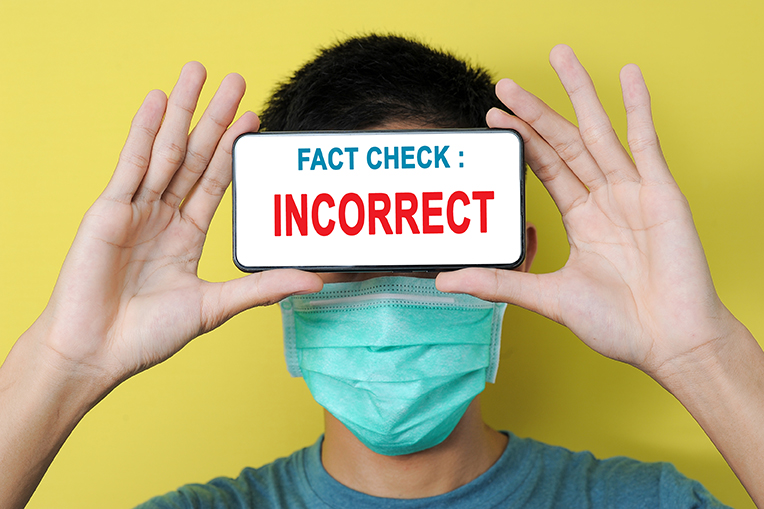With the spread of the COVID-19 comes a lot of panic and fear and that’s not it. Along with that, there’s a great amount of misinformation that’s been shared all over. From the origin of the virus to transmission to preventive measures, every aspect has some of the other misinformation attached to it. And, if we want to seriously fight the deadly COVID-19, it is important to first have the detailed and correct information regarding the same. Spreading misinformation and half-knowledge will only add on to the misery and anxiety levels.
Let us now learn a few facts about COVID-19 and clear all the myths surrounding it.
MYTH 1: COVID 19 can transmit through the air and spread through mobile networks
FACT: COVID 19 does not spread through mobile networks or air transmission. Viruses cannot travel on radio waves. COVID 19 is spreading in many areas without mobile networks. COVID 19 can be spread only via respiratory droplets when an infected person coughs, sneezes, or speaks. People can also be infected by touching a contaminated surface and then their eyes, mouth, or nose. This is the main reason why the focus is being given to social distancing.
MYTH 2: COVID 19 virus cannot survive under sun exposure or temperature above 25 degrees Celsius
FACT: This is a myth. You can get infected with COVID-19 no matter how hot the climate is or the strength of sunshine.
MYTH 3: All patients can recover from the disease
FACT: Most of the COVID 19 patients can recover from the COVID-19 infection. But, patients who are at an advanced age or are suffering from chronic conditions such as diabetes, hypertension, respiratory diseases, etc can even die due to weak immune systems.
MYTH 4: If you can hold your breath for 10 seconds means you don’t have COVID-19 infection
FACT: Having the capacity to hold your breath for more than 10 seconds does not mean you don’t have COVID-19. Dry cough, fatigue and fever are the most common symptoms of the infection. Some patients may develop more severe forms such as pneumonia. The best and the only way to confirm if you have COVID-19 disease is with a laboratory test.
MYTH 5: Alcohol consumption can save against COVID-19
FACT: Drinking alcohol cannot save you against COVID-19 instead it is dangerous and can increase the risk of health problems.
MYTH 6: Extreme cold weather can kill COVID-19 virus
FACT: Extreme cold temperature or snowfall cannot kill the virus as irrespective of the atmospheric changes, the human body temperature remains steady.
MYTH 7: Taking a shower under hot water prevents COVID-19 infection
FACT: Taking a hot shower does not alter the body temperature as your normal body temperature remains around 36.5°C to 37°C, regardless of the temperature of your bath or shower. Taking an extremely hot shower can, on the contrary, cause skin problems.
MYTH 8: The COVID 19 infection can be transmitted through mosquito bites
FACT: COVID 19 viral infection is not a mosquito-borne infection such as malaria or dengue. The new coronavirus is a respiratory virus which spreads primarily through droplets generated when an infected person coughs or sneezes, or through droplets of saliva or discharge from the nose.
MYTH 9: Hand dryers are effective in killing the COVID-19 virus
FACT: Hand dryers are ineffective in killing the COVID 19 infection. Only frequent hand washing with soap water or sanitizer will help.
MYTH 10: UV lamps should be used for hand sterilization
FACT: Ultra-violet (UV) lamps should not be used for hand sterilization as UV radiation can lead to skin irritation and damage your eyes.
MYTH 11: Thermal scanning detects all COVID-19 patients
FACT: Thermal scanners can only detect COVID 19 infection in patients who have a fever. Asymptomatic patients cannot be identified.
MYTH 12: Pneumonia vaccines help prevent COVID-19
FACT: No. Pneumonia vaccines cannot protect the novel coronavirus. It needs inventing a new vaccine, dedicated to the virus.
MYTH 13: Regular nose rinsing with saline water protects against COVID 19
FACT: No. There is an absence of any evidence confirming that regularly rinsing the nose with saline has protected people from infection with the new coronavirus.
MYTH 14: Garlic consumption can save against coronavirus
FACT: Garlic eating cannot help against COVID -19, though being a healthy food with anti-microbial properties.
MYTH 15: COVID 19 only affects the elderly
FACT: COVID 19 affects only aged patients is a myth. Persons belonging to all age groups are susceptible to get this infection. Older people or people with pre-existing medical conditions are more vulnerable to getting infected hence advised to take precautions to protect themselves from the virus.
MYTH 16: Antibiotics can treat COVID-19 infections
FACT: COVID 19 disease is a viral outbreak. Hence, no antibiotic, can work against it. Antibiotics can only be used against bacteria.
MYTH 17: Treatment for COVID-19 infection exists/is now available
FACT: Until now, no medicine is capable of preventing or treating the new coronavirus.
MYTH 18: Spraying chlorine or alcohol all over the body can prevent COVID 19 infections
FACT: Alcohol or chlorine sprayed on the body cannot save you from the virus that has already entered the body. These can be poisonous and cause irritation and damage to the skin.
